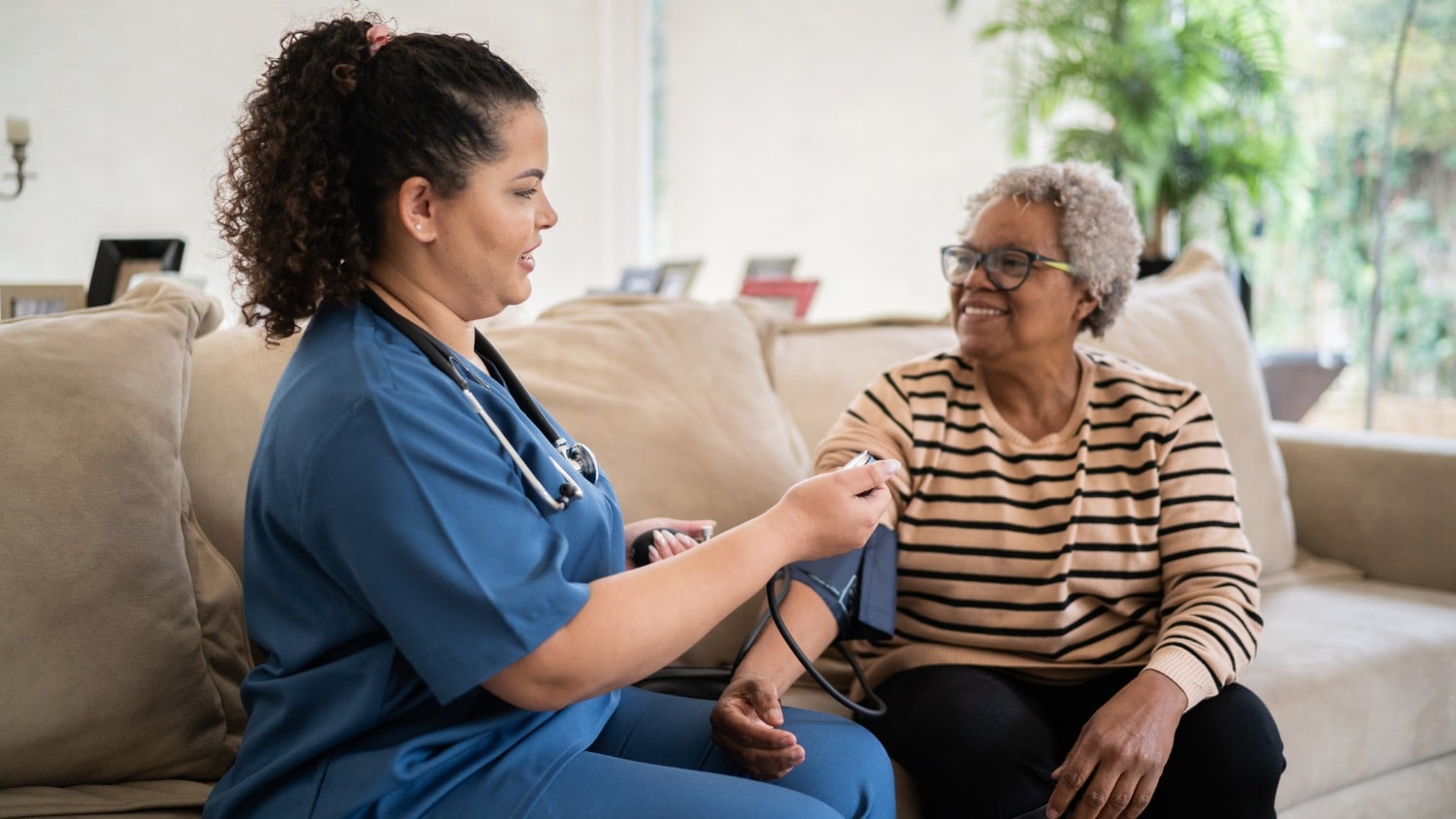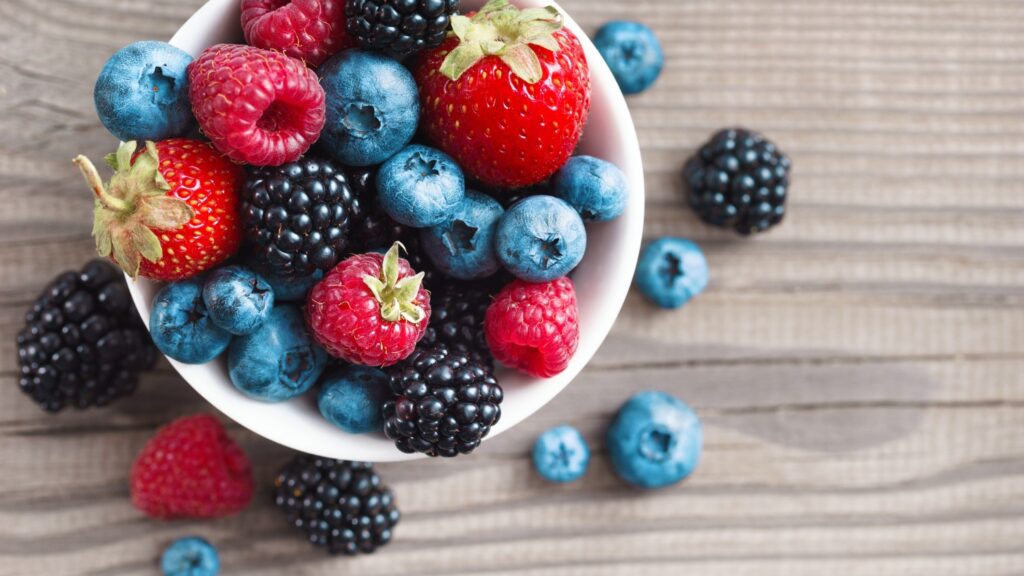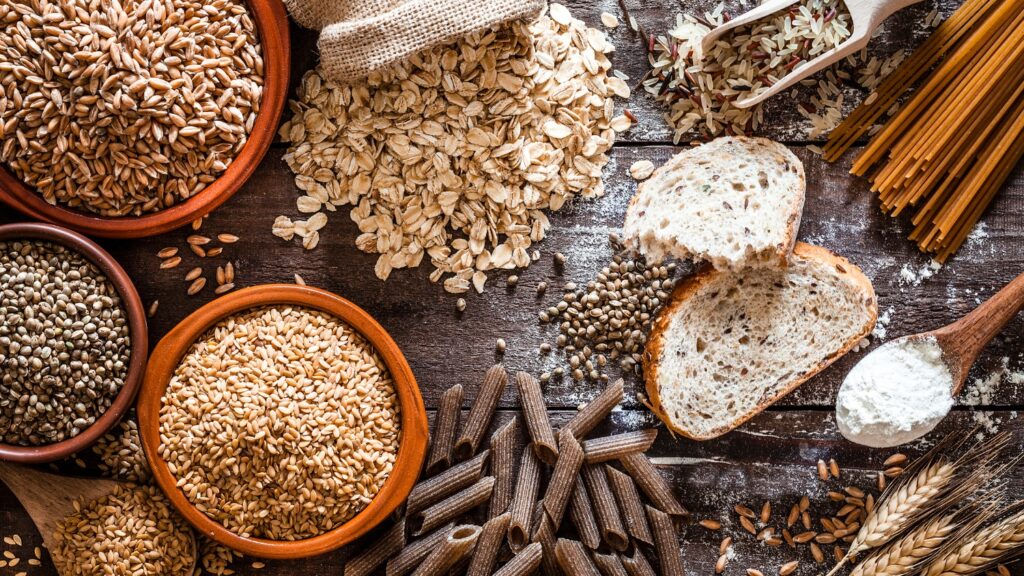
9 Foods that Help Lower Your Blood Pressure
High blood pressure, also known as hypertension, affects millions of Americans. It is the most common preventable risk factor for heart disease. High blood pressure is defined as the systolic blood pressure (the top number) of 130 mm Hg or more or diastolic blood pressure (the bottom number) of more that 80 mm Hg.
It is very important to keep your blood pressure from being too high. Years of high blood pressure can do serious damage to your blood vessels; decreasing blood flow to your heart, brain and kidneys to name a few organs.
High blood pressure in and of itself frequently has no symptoms at all. Thus, it is often called the “silent killer.” Poorly controlled hypertension significantly increases the risk of heart attacks, strokes, kidney failure, blindness and peripheral artery disease.
First and foremost, I want to stress that you need to take your medication as prescribed by your physician. Follow the medical advice and direction of your physician, keep your physician appointments, and do the necessary tests as instructed by your doctor.
Only after doing all of this should you consider fine tuning your health with the following foods that may be of benefit to you. Do be aware that many people are on multiple medications, such as warfarin, that have restrictions. In addition, people may have coexisting disorders.
Restrictions due to the medications you take and diet instructions on your other disorders take precedence over the below suggested foods. Do not consume foods on the list that your physician has previously told you not to eat.
Keeping this in mind, I would like to provide you with a list of 9 foods that help lower your blood pressure.
#1: Berries

Berries come in various vibrant colors. The pigment that gives berries their beautiful color is called anthocyanin. Blueberries, raspberries, strawberries and blackberries have anthocyanin which has been shown to significantly lower blood pressure. Anthocyanin lowers blood pressure by widening blood vessels and making them more flexible.
One study did research on over 34,000 people with hypertension over a 14-year period. It revealed that those with the highest intake of anthocyanins, mostly from blueberries and strawberries, had an 8% lower risk of high blood pressure than those with low anthocyanin intake.
And, a March 2015 study done by the Academy of Nutrition and Diabetics found that even less than an ounce of blueberries a day can help significantly lower blood pressure.
#2: Fatty Fish
Omega-3 fatty acids are a type of fat that is good for your blood vessels. It is found in many fish. In fact, eating fatty fish twice a week has been shown to decrease diastolic and systolic blood pressure in people that are overweight.
Thus, the American Heart Association recommends eating two servings of 3 ounces of oily fish a week. Fish that are high in omega-3 fatty acids include sardines, halibut, salmon, anchovies, trout, herring, cod, mackerel and tuna. Omega-3 fatty acids lower triglycerides and decrease inflammation.
One study of 2,036 people showed that people with the highest blood levels of omega-3 fats had markedly lower systolic and diastolic blood pressures as compared to those with the lowest blood levels.
As a warning though, some fish contain mercury, and you should frequently check the latest guidelines of the Food and Drug Administration as to what fish to avoid or limit in your diet.
#3: Yogurt
Yogurt consumption has been associated with a 10% lower risk of hypertension. Low fat dairy products like yogurt are high in calcium which has been shown to reduce high blood pressure. Berries and yogurt highly complement each other in taste and in lowering blood pressure.
#4: Seeds
Flaxseed, hemp seeds, sunflower seeds and chia seeds have heart-healthy nutrients such as
omega-3 fatty acids and fiber. Make sure your seeds are unsalted though if you want to lower your blood pressure.
Hemp seeds and pumpkin seeds are full of arginine, an amino acid that reduces some inflammatory markers. This, in turn, relaxes blood vessels and lowers blood pressure.
Pumpkin seed oil in particular has been shown to be very effective at lowering blood pressure. One study of 23 women showed consuming three grams of pumpkin seed oil a day for six weeks significantly decreased systolic blood pressure as compared to placebo.
A 12-week study on 26 people with high blood pressure found taking 35 grams of chia seed flour a day lowered blood pressure in both medicated and unmedicated individuals.
A review of 11 studies found eating flaxseed, especially when consumed in their whole seed form, for 12 weeks or longer results in lowering of blood pressure.
Also, flaxseed may lower cholesterol, and it has been shown to lower risk of cancer and help with diabetes and gastrointestinal health.
#5: Bananas
Bananas are known for their high potassium content. Potassium lowers blood pressure by reducing sodium in the body and easing tension on the walls of the blood vessels.
Research has shown that diets low in potassium are associated with higher blood pressures. Bananas are also naturally sweet. So, this is one of the times where something good for you can be especially tasty.
#6: Beets
The nitric oxide in beets helps lower blood pressure by opening up blood vessels. Nitrates in beet root juice have been shown to lower blood pressure in just 24 hours.
One study in 2015 showed people with hypertension who drank 250 milliliters of red beet juice a day for four weeks had lower blood pressure. There was an average decrease in blood pressure of 7.5/5.2 millimeters of mercury over a 24-hour period.
#7: Pistachios
Pistachio consumption has been linked to healthy blood pressure levels. They are high in numerous nutrients, including potassium, protein, healthy fats, magnesium and fiber. These substances lower blood pressure by reducing blood vessel tightening and heart rate. As with seeds, do not eat pistachios with added salt.
One study showed that people that ate 10% of their daily calories from pistachios reduced systolic blood pressure by 4.8 mm Hg. With a maintenance diet of 2,000 calories a day, 10% of calories would be a quarter cup of pistachios.
#8: Whole Grains

Examples of whole grains are whole wheat, oats, barley, brown rice, quinoa, rye, and buckwheat. Read labels carefully when purchasing. Words like “multigrain” or “wheat flour” does not mean whole grain.
The Heart Foundation recommends eating whole grains for heart health and lowering of blood pressure. Research has shown three servings of whole grains a day can decrease risk of heart disease by 15%.
One study revealed people adding oats to their diet decreased systolic blood pressure by 7.5 mm Hg and diastolic blood pressure by 5.5 mm Hg.
#9: Green Leafy Vegetables
Examples of leafy green vegetables are kale, arugula, collard greens, chard, beet greens, turnip greens, romaine lettuce, mustard greens, cabbage and spinach. Leafy green vegetables are full of vitamins and nitrates that lower blood pressure.
A study of more than 53,000 people showed eating one cup of raw leafy green vegetables or half a cup of cooked leafy green vegetables a day may lower blood pressure and reduce cardiovascular disease. If you are not fond of eating these greens by themselves or in salads, adding them to soups, omelets, smoothies, sandwiches and stews may be more palatable. Pureeing them into sauces to put on meals is another option.
In Conclusion
To best manage hypertension, make sure you are under the care of a physician, take your prescribed medication, do the lab and other tests that are ordered, and follow diet restrictions as instructed by your physician and/or dietician. Once you are doing all of this, consider the value of the above-mentioned foods in helping lower your blood pressure.
Do you have high blood pressure? Do you regularly incorporate special foods into your diet? Have you noticed a difference in your blood pressure when you eat these foods? Share your thoughts.
Tags Medical Conditions






